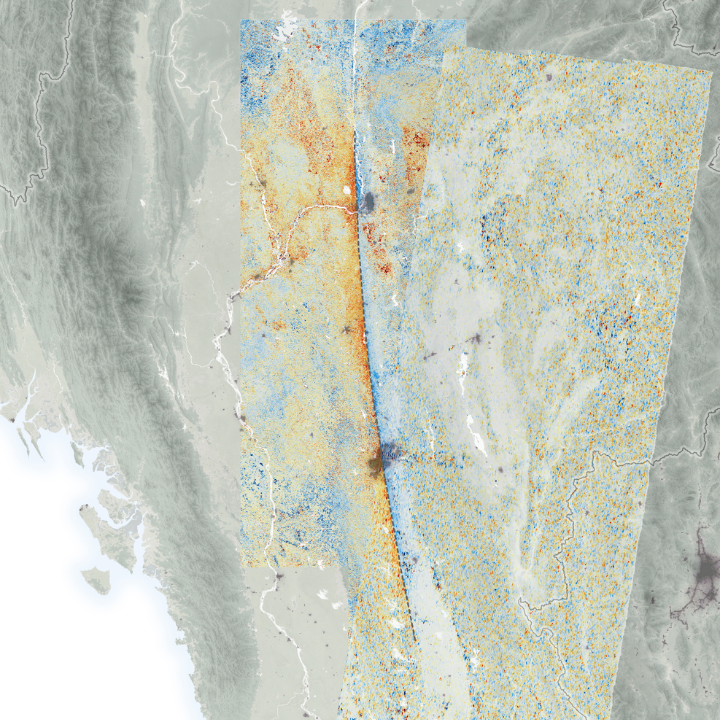Innovation to Impact. See you at the July ESIP Meeting.
The Machine Learning Cluster is a vibrant, cross-institutional community within ESIP focused on the application and advancement of machine learning (ML) in Earth and environmental sciences. By fostering collaboration among researchers, data scientists, technologists, and decision-makers, the cluster aims to responsibly integrate ML technologies into the scientific workflow.
We are currently exploring emerging AI technologies, including deep learning, symbolic approaches, and hybrid models, to address data-intensive challenges in climate, hydrology, remote sensing, and beyond.
Recent initiatives include publishing journal articles on “Practical AI” in the Earth sciences, hosting webinars, and contributing to open-source tools like Geoweaver for managing ML workflows.
Through monthly calls, collaborative projects, and open-access resources, we aim to empower the ESIP community with practical knowledge and tools that accelerate innovation and reproducibility.
Upcoming events on the community calendar
Cluster Resources
GitHub Repo
Boost data pipeline tangibility and data productivity: Geoweaver GitHub
Webinar Notes
Learn about the latest ML and AI tools and research: Webinar Notes
ML Tutorials
Access how-to materials for ML and AI workflows: Geoweaver
Connect Research with Geoweaver
Geoweaver is an an open-source, in-browser tool for simplifying data processing workflows with high-performance server support, featuring code history and workflow orchestration. It was initially funded through an ESIP Lab award and has received additional grants through NASA and NSF.
Learn more: geoweaver.dev
Watch a Tutorial
Cluster Ethos
Machine learning is transforming scientific inquiry, yet its applications demand critical reflection. This cluster provides a forum to explore ML methods, foster best practices, and interrogate the strengths and limitations of ML in scientific contexts. We aim to answer pressing questions such as:
- What ML methods are best suited for specific environmental data challenges?
- How do we ensure ethical and reproducible AI?
- How do we balance transparency and performance in neural network models?
- When should we favor explainable models over black-box solutions?
We engage the community through participatory learning, collaborative coding learning, and sharing datasets and tools.
The Machine Learning Cluster is dedicated to collaborating across institutions to discuss cutting-edge AI technologies, experiment with new ideas and create community-friendly, open-access publication processes, ensuring AI research results are freely available to the global community.
The group has published journal articles on practical AI for the Earth sciences and worked on guidelines and project implementation of technology like Geoweaver.


